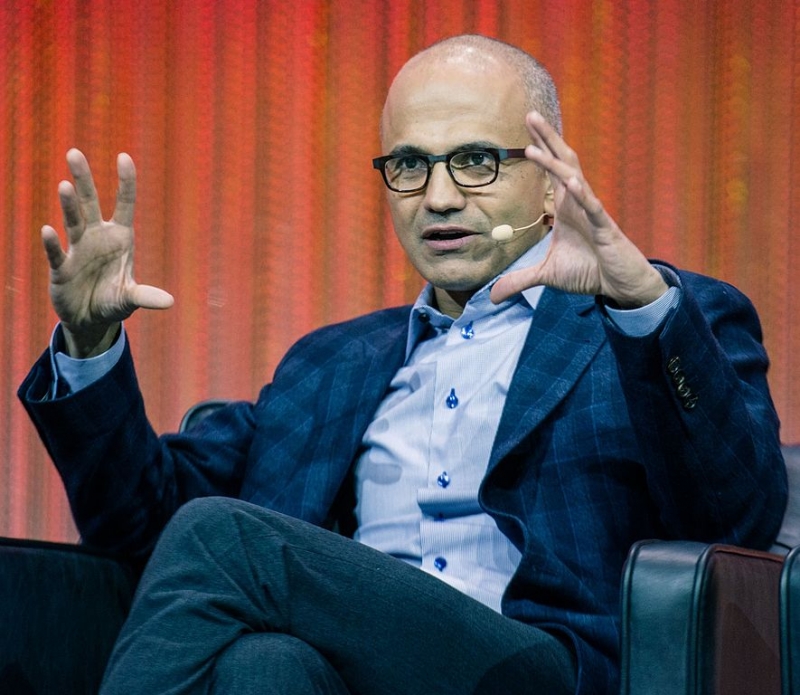Microsoft CEO Satya Nadella has announced that the company will donate cloud computing resources worth $1 billion to nongovernmental organizations over the next three years, in a bid to bring the benefits of the technology to those who can't afford it.
The donation, the size of which has been calculated at fair market value, will come from the recently formed Microsoft Philanthropies and will provide free or discounted cloud services such as Azure, Office 365, PowerBI and CRM Online to around 70,000 nonprofits worldwide by the end of 2017.
"Microsoft is empowering mission-driven organizations around the planet with a donation of cloud computing services --- the most transformative technologies of our generation," said Nadella. "Now more than 70,000 organizations will have access to technology that will help them solve our greatest societal challenges and ultimately improve the human condition and drive new growth equally."
For the second part of its commitment, Microsoft plans on expanding access to cloud resources for faculty research in universities. There are currently over 600 projects benefiting from the Microsoft Azure for Research program, which grants free Azure storage and computing resources to university researchers. Microsoft Philanthropies is set to expand the program by 50 percent.
"We know from experience that this program can make a critical difference for researchers in universities," Microsoft's President and Chief Legal Officer, Brad Smith, wrote in a separate blog post. "From protecting forests in Brazil to fighting wildfires in Greece, and from developing new medicines in the United Kingdom to modeling flood risks in Texas, dedicated university researchers have used Microsoft Azure to advance their cutting-edge research projects,"
The third element of this new initiative will see Microsoft combine access to these donated services with "investments in new, low-cost last-mile Internet access technologies and community training." Specifically, this will mean extra funding for projects that bring online access to underserved communities. One example is the TV White Spaces project, which utilizes unused portions of wireless spectrum in the frequency bands generally used for television. The company plans to support at least 20 similar projects in 15 countries by the end of 2017.
Much in the same way that Facebook Free Basics has come under criticism in India for being a way to promote the social network, there are those questioning just how much business Microsoft will ultimately get out of this philanthropic gesture. Once someone uses one of their donated services, the chances are that they'll stick with it after the initial free program runs out.
